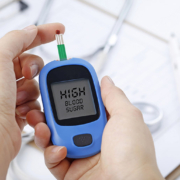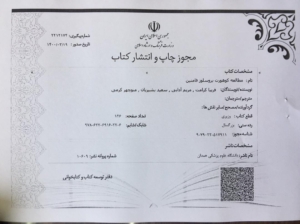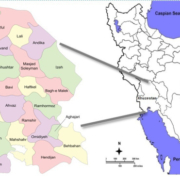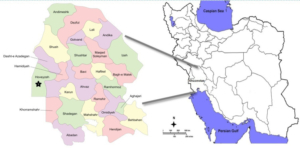Hypertension, as a risk factor for cardiovascular diseases, is highly influenced by dietary parameters. This study aims to investigate the possible association of hypertension prevalence and nut consumption.
In this cross-sectional study, 9990 participants from the Rafsanjan cohort study, as a part of the prospective epidemiological research studies in IrAN (PERSIAN), aged 35-70 years were included. Nut consumption was assessed using an abbreviated food questionnaire. Further, demography, personal habit, physical activity, medical history, blood pressure, and body mass index (BMI) questionnaires were used. Logistic regression models were applied to examine the possible relationship between hypertension risk and nut consumption. Statistical analyses were performed using STATA statistical software.
The results showed that the average consumption of all nuts except walnuts was significantly higher in non-hypertensive individuals (P<0.001). In the crude regression model, the odds of hypertension were significantly lower among pistachio, walnuts, seeds, and total nuts consumers. However, a protective association was observed between the prevalence of hypertension and the consumption of all nuts together and seeds, after adjusting for sex, age, and other confounders.
The data show that the intake of all nuts and seeds is inversely associated with hypertension risk.















